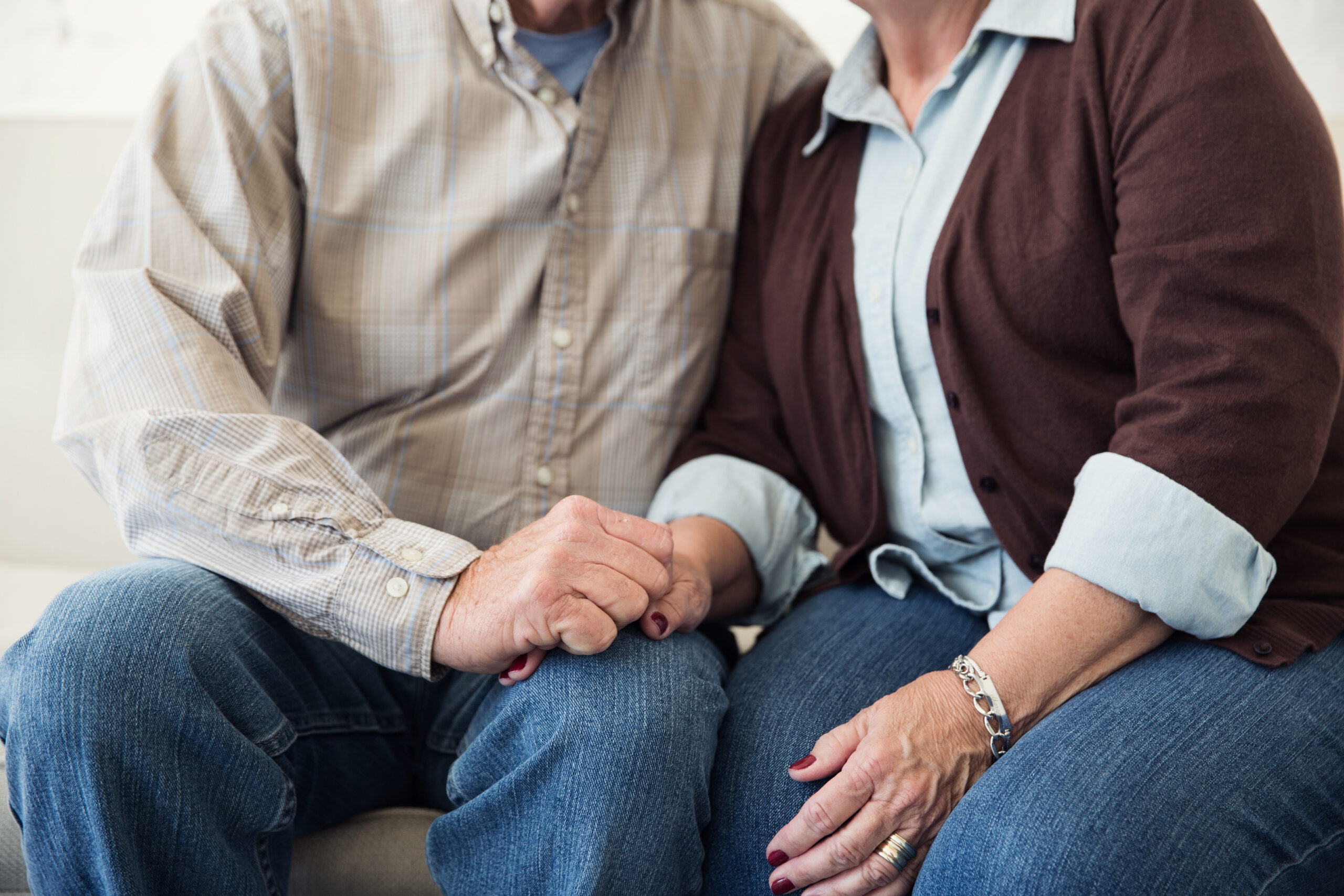
In a dark room, the absence of light can be scary, but even just a crack of light draws our eyes to it in anticipation and eases fear. In the dark night sky, the stars and moon demand our attention. In the light of the Gospel, Christ draws us to himself. We are not the light; the Light shines for our benefit.
From the Scriptures, God makes himself known. We can see the evidence of God around us by what he created, but only in the Scripture does Christ reveal himself to us, hence faith is then created. Romans 10:17 says, “So faith comes from hearing, and hearing through the word of Christ.”
Life can be difficult. Without my faith, I would crumble from hard times. But God gives me hope.
I like this Bible verse, Exodus 20:24b: “Wherever I cause my name to be honored, I will come to you and bless you.” It’s in his church where he’s remembered most. We receive his gifts of the Holy Spirt, mercy, grace and forgiveness. Numbers 6:24-27 says, “The Lord bless you and keep you; the Lord make his face shine on you and be gracious to you; the Lord turn his face toward you and give you peace.” 1 John 1:5 says, “This is the message we have heard from him and declare to you: God is light; in him there is no darkness at all.”
In John 3:12, Jesus speaks to Nicodemus about earthly and spiritual things. It’s as if Jesus is saying, “My dear Nicodemus, you’re not thinking deeply enough about the earthly things that you can see, so how can you understand spiritual things you can’t see?” Jesus often uses earthly things that are seen to describe the mysterious spiritual things that are unseen. I’ve learned to keep this lesson from Nicodemus in mind whenever I hear of earthy things described in Scripture.
Psalm 23 in whole is a favorite of mine, but in particular verse 4: “Even though I walk through the valley of the shadow of death…” When I think about a shadow, this means that something is blocking the light, casting a dark shadow. And if something is blocking the light, the dark shadow itself is actually evidence that there is light present. In the case of Psalm 23, the shadow is cast from being in this valley. It’s so low, it’s as dark as death; light is absent. But it also says I’m walking through it, so I need to move. It’s temporary and I have no need to fear, “Why?” The verse continues; “I will fear no evil, for you are with me.” There’s that crack of light: “for you are with me.” Christ continues to shine his light even when I’m stuck in that shadow. The light does not stop shining, though I can’t see it. Christ defeated death and darkness. He creates a path for us to follow, draws us into the light, and walks with us, so the darkness flees us.
Example: I was driving in my car and a thick puffy black dark cloud covered the sun. There was light all around me but the shadow of the cloud covered me while I was driving. I was in a darker place and couldn’t see as well. I could see the edge of the shadow, the light on the road ahead. Eventually the cloud moved (or maybe I moved far enough to get into full sunlight). The darkness fled from where I was; everything that was hidden by the darkness was now visible. The sun had never actually stopped shining – there was just a cloud blocking the light.
Death can be looked at as a temporal thing, but it’s also a spiritual thing. This is especially true when we think about Scripture where it talks about being dead in our sinful life and alive in a new life in Christ (see Col 2:13-14 or Eph 2:1-7).
Back to Psalm 23. Verse 4 continues: “your rod and your staff, they comfort me.” The rod of his Word corrects and defends me, and the staff guides and directs me. Why? To bring me comfort. If all I’m ever looking at is my old life, all the time, life can look pretty dark (the rod-correct and defend). When I look forward (the staff-guidance), I’m being guided into new life. Luke 9:62 says, “Jesus replied, ‘No one who puts a hand to the plow and looks back is fit for service in the kingdom of God.’” If we really believe our sins and failures are gone and covered by the blood of Christ, then we can say it’s behind us and we are guided into a new life which we now live. By faith we are born again by the Spirit. Something dead cannot make itself alive, but God can – all things are possible with God (see Matthew 19:26b).
My circumstances have nothing to do with what God does in me. I’m a new creation no matter what happens. And I’m able to walk a new direction in a new light.
Here’s another earthly truth, that points to a spiritual one. Back to John 3. Jesus continues in his discussion with Nicodemus, along the lines of, “You had nothing to do with being born here on earth – it was your mom and dad’s doing. Likewise, you are spiritually born of the Spirit by the Spirit. It’s not your doing.” The evidence…The Holy Spirit gives us an epiphany: if I believe in Christ, then that means God drew me to himself by his Word. How wonderful! He loves me so much, to come after me to bring me to belief. In Matthew 18:12-14, Jesus tells the parable about how a man will leave 99 sheep to search for the 1 that wandered off. God searched the world and found someone like me. Then he carried me back into his flock and celebrated. This Isaiah prophecy then becomes true for me personally – Isaiah 9:2: “The people who walked in darkness have seen a great light; those who dwelt in a land of deep darkness, on them has light shone.”
In John 15:5, Jesus talks about vines and branches. Think about branches on a tree: how does the branch get its nutrients to form leaves or fruit? And Jesus continues, “apart from me you can do nothing.”
It’s very important to me to keep a practice of reading Gods Word daily. His Word is a light unto my path (see Psalm 119:105). He feeds me when I’m hungry. Gives me drink when I’m thirsty. He takes me in when I have no one. Clothes or covers me when I’m exposed. Visits me when I’m isolated. Heals me from my sin. And loves me and you very much.
I pray you will look up the Scriptures posted here, and seek deeper ways to know God. Like a tree sucking up sap from its roots, so you can stay connected to Christ. I believe you will gain many blessings if you do. Christ’s disciples walked with him every day for 3 years on this earth and still didn’t understand everything. Don’t let that be an excuse. We are changed, growing, being guided and producing his fruit, one step at a time.
Do you believe or not? Jesus help my unbelief! Isaiah 55:10-11: “For as the rain and snow come down from heaven and do not return there but water the earth, making it bring forth and sprout, giving seed to the sower and bread to the eater, so shall my word be that goes out from my mouth; it shall not return to me empty, but it shall accomplish that which I purpose, and shall succeed in the thing for which I sent it.”
God is light; in him there is no darkness at all. Keep yourself in the light.
About the Author:
Bob has been an aircraft technician for over 40 years and has walked closely alongside loved ones as a caregiver. Through a series of dreams and life circumstances, God stirred in him a deep curiosity for Scripture. With the guidance of faithful people who pointed him in the right direction, Bob believes he discovered his purpose: to reveal God’s love, grace, mercy, and forgiveness to those—like himself—who don’t feel they deserve it. Bob can be contacted at: bvandyke123@gmail.com














